
We are conducting an internal Inventory count: April 25th – 30th. All orders made after April 24th will be processed the week of May 1st. More info
Recent Posts


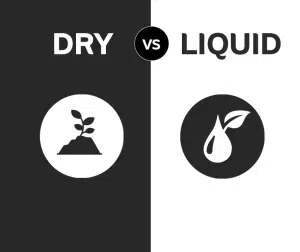

Upcoming Events
Latest Comments
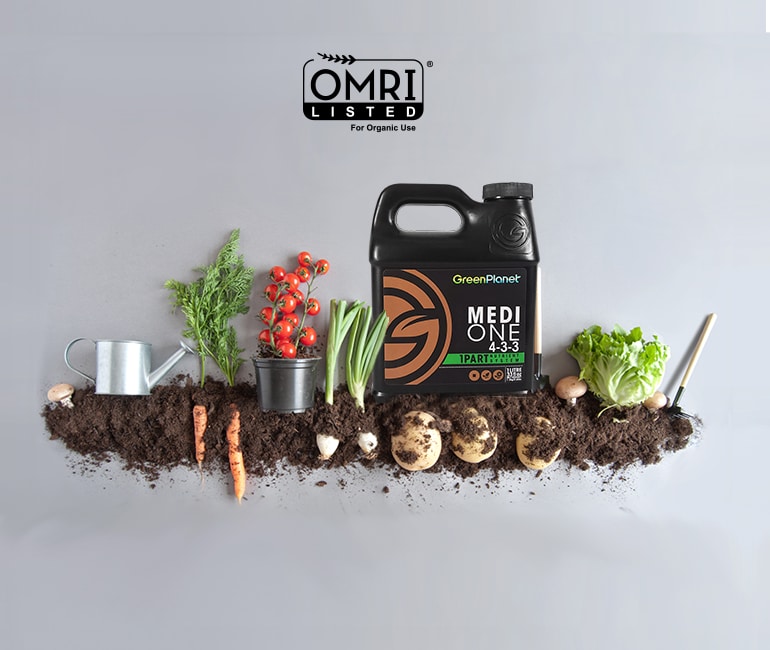

There has always been a large debate centered around the benefits of organic versus synthetic farming. It’s clear that mineral-based fertilizers have their place in specific hydroponic systems, such as recirculating reservoirs or aeroponic applications. But for gardeners who prefer to produce crops in coco or peat-based mediums, the debate is left wide-open, as a drain to waste garden utilizes chemicals, organics or mixed-method approaches to nutrient enrichment easily and with little resistance throughout the plant’s life cycle. Being that the garden is full of variables, the choice that will provide a heavier, more quality-driven crop is often shadowed by more important factors such as plant genetics, environmental conditions and gardening techniques; although, in specific situations, it’s evident that choosing the right fertilizer can make or break a garden.

So, why the debate? Although the benefits of using an organic nutrient arguably rival that of synthetics, there are two simple worries associated with using organic fertilizers in the garden: control and nutrient availability. In an average organic garden, fertilizers like blood meal, worm casting or bat guano are pre-amended into the medium of choice. Then they are left to “cook off,” releasing available elements to the plant as humic acids, microorganisms, and fungi break them down. This process, however natural, can often lack control and speed for gardeners who are focused on perpetual production. Furthermore, miscalculating the amending process is a common mistake and can devastate a crop.
Despite these worries, there is one product available in today’s market, GreenPlanet Nutrients Medi One, which settles the debate between synthetic and organic fertilizers, as this one-part base nutrient offers the control and availability of a synthetic fertilizer, with the added certification and sustainability of organic production.
Medi One is an OMRI Listed, one-part, organic base nutrient. Meaning, Medi One is a certified organic product that can be used as a foundation for plant growth and general health throughout the entirety of a plant’s life cycle. As discussed above, organic supplements are usually composed of single-sourced entities, like worm casting, kelp or bone meal. Medi One is formulated from multiple organic sources, including hydrolyzed, slow-steamed Great Lakes fish and naturally sourced potassium sulphate. Not only does this fertilizer supply your crop with the balanced NPK ratio of 4-3-3, but due to the steaming process of fish and kelp, which preserves naturally occurring amino acids, Medi One is an overflowing reservoir of important micronutrients like copper, boron, manganese and zinc.
Referring to our icons above. FRONT LABEL: Medi One is our Liquid Base Nutrient which you use throughout the Vegetative and Flowering Stages of growth. BACK LABEL: You can use this product within a coco based medium, continuous liquid feed program, and a soil/soilless medium. Medi One NPK Values are 4 – 3 – 3
Because Medi One is a liquid fertilizer, this nutrient system’s aggressive growth and blooming powers are readily available for your plants to uptake. Similar to a synthetic fertilizing program, the nutrient-enriching qualities of Medi One will be available to your plants within hours of fertilizing. But even more exciting, because of all the hidden organic benefits this fertilizer offers, Medi One will continue to break down in the soil over time, continually enriching your plant’s root zone with crucial nutrients until their next irrigation. Upon flooding your medium with Medi One, vibrant and rich sources of vitamins, amino acids, microorganisms and fungi will begin to cultivate a living space in the root-zone. In short, this microbe enrichment process will help speed up the ecological processes of nutrient uptake and delivery.
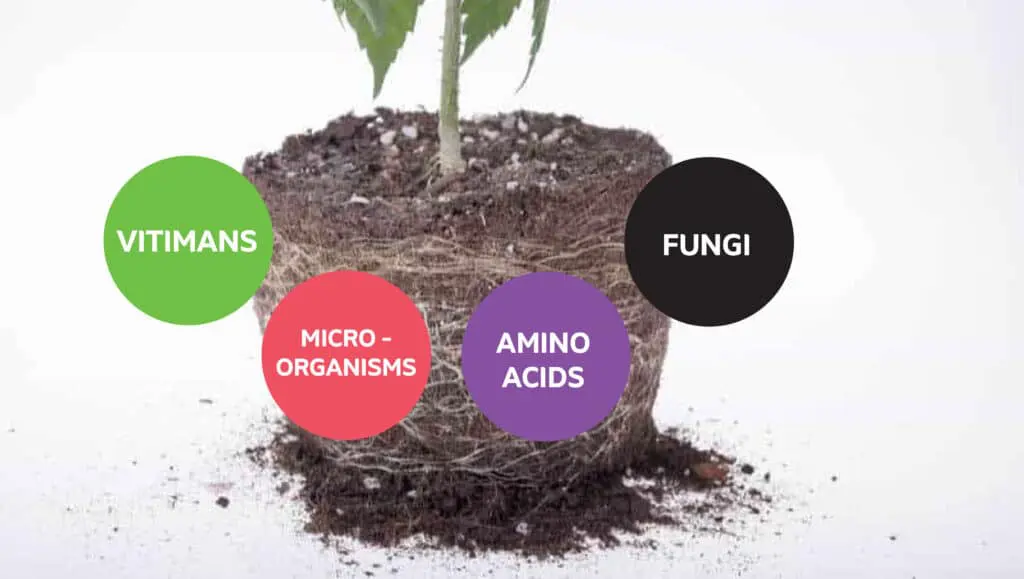
Along with supreme genetics and careful growing conduct, Medi One was the nutrient system that helped cannabis educator John Berfelo win the Medical Cannabis Cup award in 2011 with his prized strain, Medi-Kush. In the article “The Story Behind My Award-Winning Medi Kush Strain,” Berfelo explains the process of strain hunting the sugar-coated, tri-coloured flowers once known to the market as “Christmas Kush.”
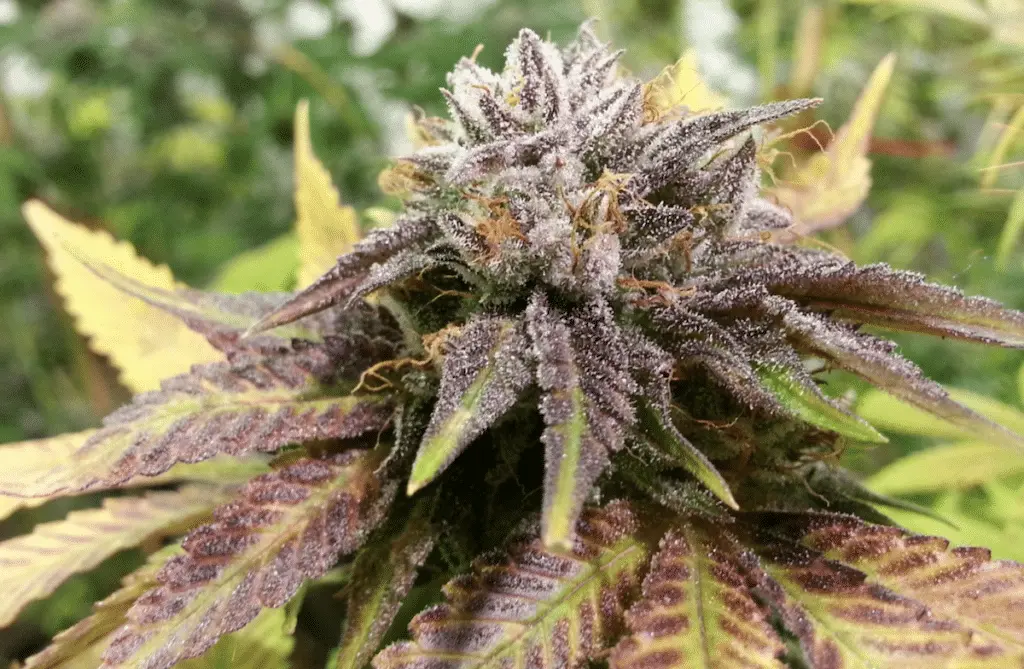
For John, this strain offered him extraordinary pain relief, and so it was only a matter of time before he was able to find seeds and begin the journey of cultivating this plant at home in a medicinal garden. Five years after popping the first of his seeds, Berfelo entered the organically grown “Medi Kush” into the private grower’s category of the Medical Cannabis Cup competition, taking home first prize in 2011, and later placing second in 2012.
Medi One is perhaps the easiest-to-use organic fertilizer on the market. In a liquid concentration form, applying Medi-One throughout the plant’s life cycle in indoor, outdoor and greenhouse operations couldn’t be simpler. Depending on the size and durability of your selected crop, mix Medi One in your desired quantity of water at a rate of 1-5 ml/L (4-19 ml/Gal) of water twice per week, making sure to shake the bottle before use and adjusting the pH to a range of 5.8 – 6.5 depending on your medium. For the best results, consult GreenPlanet’s Medi One feeding chart.
With the recent interest in organic supplements, GreenPlanet’s Medi One is here to settle the contentious debate between the potential benefits of synthetic versus organic fertilizers. With all the control and availability of a synthetic fertilizer, Medi One is the only certified organic product on the market today that can deliver the quantity and quality you expect from an award-winning nutrient. And so, if you’ve ever thought of crossing over into the world of organic farming, your chance is finally here with the help of Medi One.
Now is your chance to access the rich and diverse compounds of Medi One. Contact a member of the GreenPlanet sales team, or your local garden supply store for product information and purchasing inquiries.
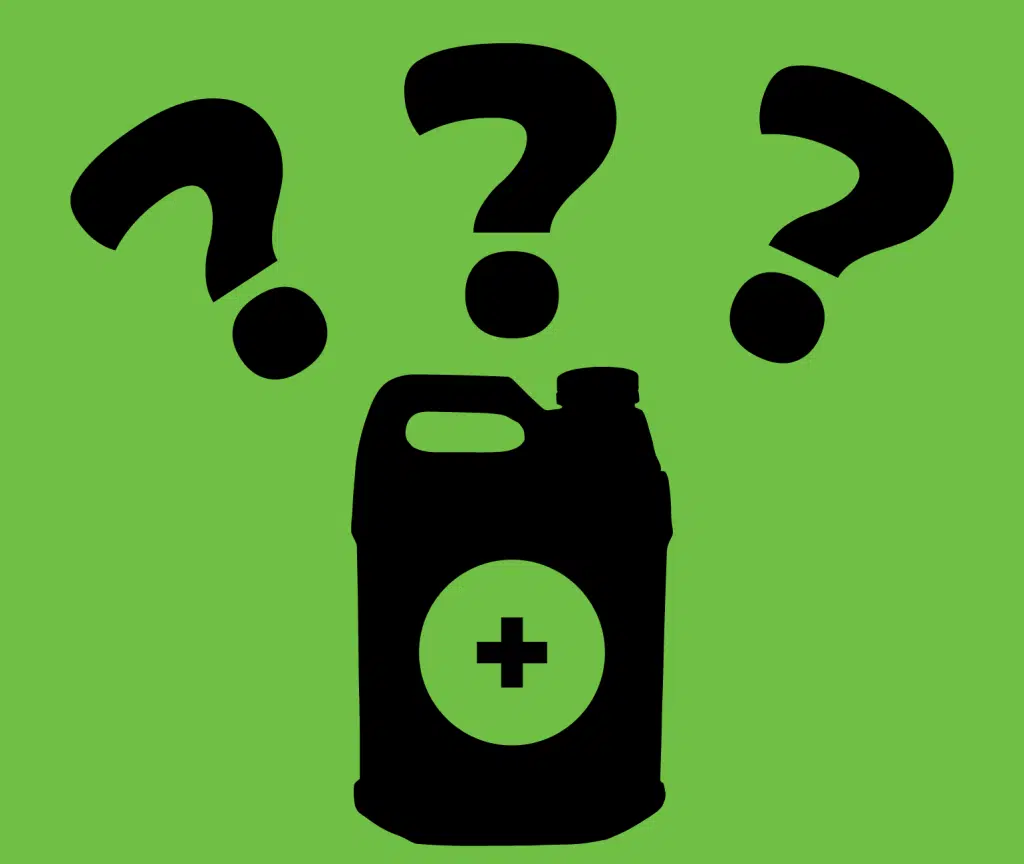

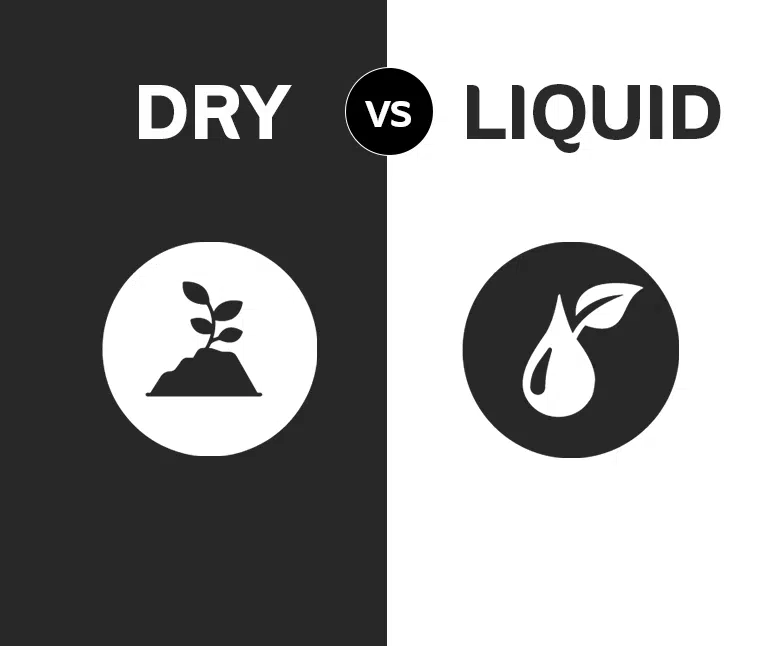
GP NUTRIENTS
COMPANY
CONSUMER
OUR WORLD
CONNECT
NEWSLETTER
usinfo@mygreenplanet.com
+1-866-913-4769
Monday: 8am – 4:30pm
Tuesday: 8am – 4:30pm
Wednesday: 8am – 4:30pm
Thursday: 8am – 4:30pm
Friday: 8am – 4:30pm
Saturday: Closed
Sunday: Closed
Week of Dec 18-22- Regular operating hours
Dec 25- Closed (Stat Holiday)
Dec 26- Closed (Non-Stat day off with pay)
Dec 27-29- Regular operating hours
Jan 1- Closed (Stat Holiday)
Jan 2-5- Regular operating hours
Recent Comments